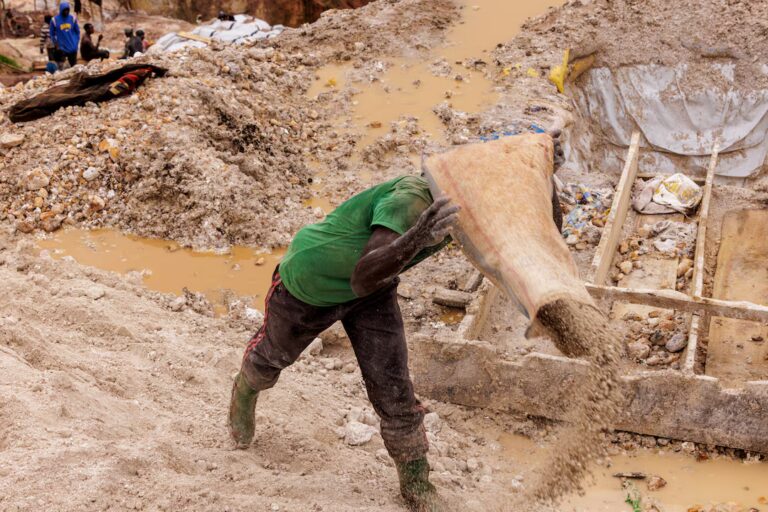Mining Other

Rwanda, DR Congo Draft Plan to Revamp Mineral Supply Chains Amid Peace Deal

Rwanda and the Democratic Republic of Congo (DR Congo) are moving to overhaul their mineral supply chains and adopt reforms with the help of international partners, including the United States, Reuters reported. The initiative comes after the two countries signed a peace deal in Washington in June, designed to end years of deadly conflict in eastern Congo.
The 17-page draft framework, part of the peace deal, lays out measures for implementation and coordination. It calls for cooperation on energy, infrastructure, mineral supply chains, national parks, and public health, building on an August outline. DR Congo and Rwanda plan to meet in early October to finalize the framework, with a formal signing by their heads of state to follow.
The framework commits the countries to work with the US and other partners on regulatory initiatives and reforms designed to reduce illicit trade, increase transparency, and de-risk private sector investment. It includes third-party inspections of mine sites, guidance from the Organization for Economic Cooperation and Development, and the creation of cross-border special economic zones.
Coordination mechanisms involve an annual summit on regional economic integration, a steering committee, and technical working groups.
Under the June agreement, Rwanda pledged to withdraw troops from eastern Congo within 90 days, while Congolese forces would conclude operations against the Democratic Forces for the Liberation of Rwanda (FDLR).
Both sides also agreed to launch the regional economic integration framework within 90 days.
However, progress faces challenges. Rwanda has not withdrawn troops, and operations against the FDLR have not started, a Western diplomat said, speaking on condition of anonymity.
The Doha mediation process between Kinshasa and the Rwanda-backed M23 rebels, who seized eastern Congo’s two largest cities and key mining areas earlier this year, is also stalled.
A Congolese official told Reuters this month that Kinshasa “cannot consider economic cooperation with Rwanda as long as its army occupies part of our territory.” Congo considers the plundering of its mineral wealth as a key driver of the conflict with M23.
The draft framework confirms that each country retains “full, sovereign control” over its natural resources and underlines the need to develop domestic mineral processing and industrial mining capacity.
Both central African nations pledged to ensure minerals no longer fund armed groups and to improve cross-border interoperability of supply chains.












